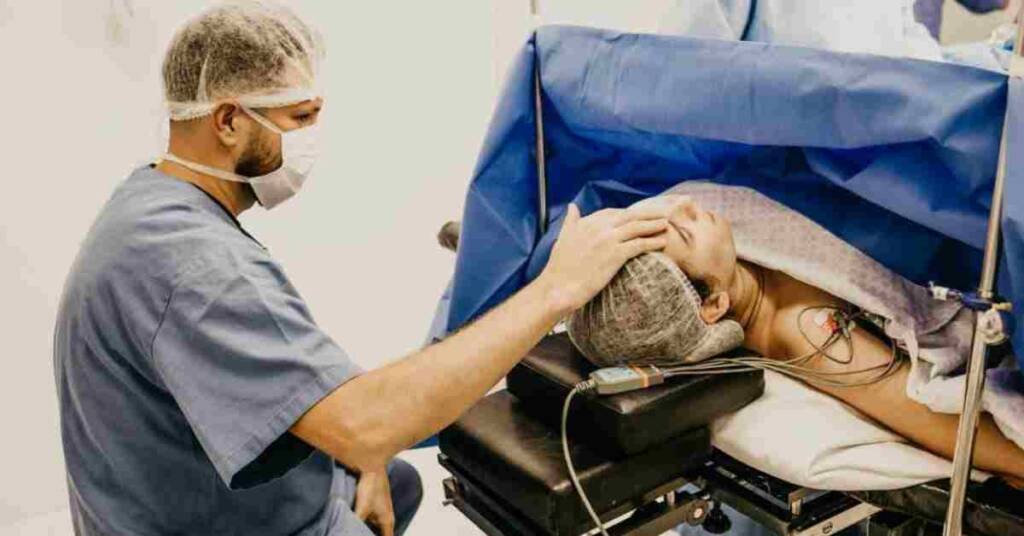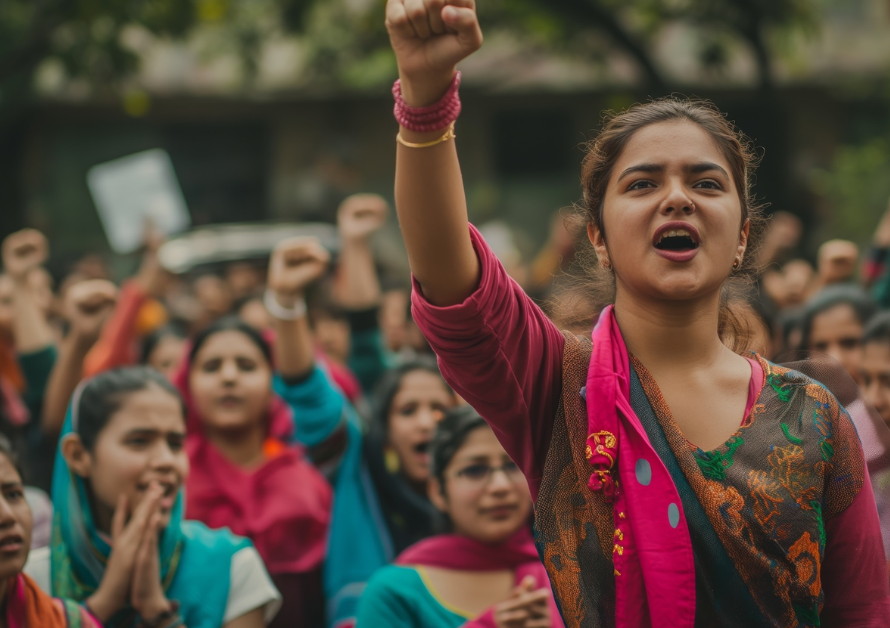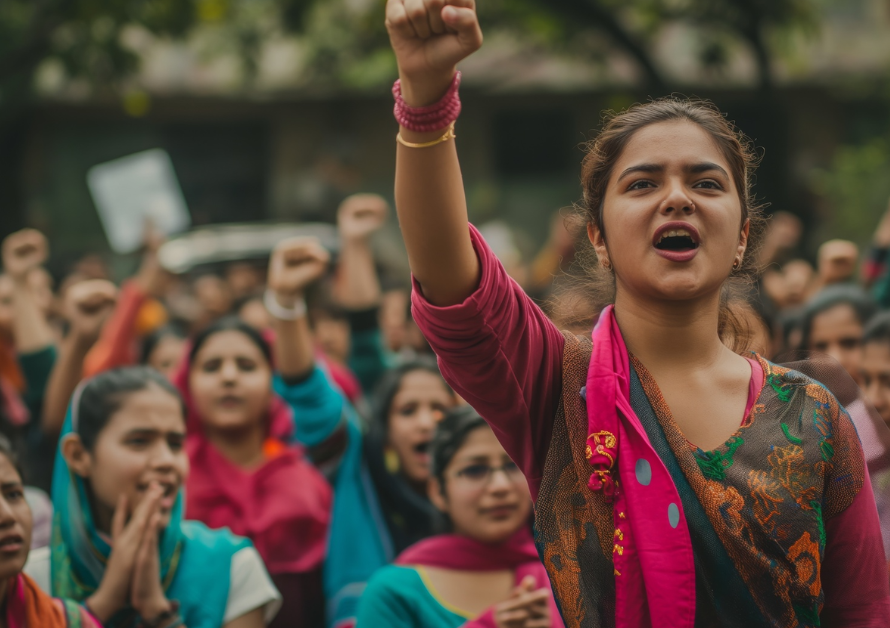The term “Medical Jihad” has emerged in some circles to describe a sinister tactic allegedly used by radical elements to harm or undermine non-Muslim communities, particularly targeting Hindus in India. While the concept is highly controversial and debated, there have been incidents reported in the media and anecdotal claims that suggest deliberate efforts to exploit the healthcare system as a means of spreading harm. Here’s an overview of what is meant by “Medical Jihad” and its potential manifestations:
- Deliberate Medical Negligence or Malpractice
Targeted Mistreatment of Hindu Patients: Allegations have surfaced that some radicalized Muslim medical practitioners might intentionally provide substandard or harmful treatment to non-Muslim, particularly Hindu, patients. This could include incorrect diagnoses, administering the wrong medication, or delaying necessary treatment.
Cases During the COVID-19 Pandemic: During the height of the COVID-19 crisis, there were reports of certain radicalized doctors and medical staff refusing to treat non-Muslim patients or intentionally mishandling their cases. While these claims were difficult to verify on a large scale, they generated fear and distrust within the Hindu community. - Food and Medicine Adulteration
Contaminated Medicines: There have been accusations that certain pharmaceuticals manufactured by companies with extremist links have been deliberately adulterated. This could involve adding toxic substances to medicines intended for Hindu-majority areas or tampering with over-the-counter products like syrups and painkillers.
Halal Medicine Influence: The push for Halal-certified medicines is another aspect where radical ideologies might infiltrate the healthcare system. By making Halal certification a norm even for non-Muslim consumers, the community is inadvertently forced to comply with religious dietary laws, which can be seen as a form of religious imposition. - Malicious Intent in Medical Camps and Charities
Free Medical Camps with Hidden Agendas: Certain Islamic charitable organizations often conduct free medical camps in rural or Hindu-majority areas. While these camps appear humanitarian on the surface, there are concerns that they may be used as opportunities for forced conversions or spreading radical ideologies. Vulnerable patients, especially the poor, may be coerced into accepting Islam in exchange for medical care.
Distribution of Substandard Health Products: Reports have emerged of some organizations distributing substandard or expired health supplements, vaccines, or baby food in Hindu-dominated areas, which could lead to adverse health effects. - Organ Trafficking and Exploitation of Hindu Patients
Organ Harvesting Scandals: There have been disturbing reports of illegal organ trafficking rings that specifically target poor and vulnerable Hindu patients. Radical elements involved in these rings may exploit Hindu patients admitted for minor surgeries, harvesting organs without consent. These organs are often sold internationally, with profits potentially funding extremist activities.
Exploitation of Female Patients: There have been incidents where female Hindu patients, particularly those from economically weaker sections, are targeted for sexual exploitation or mistreatment during medical procedures. Such cases often go unreported due to the victims’ fear and lack of resources to pursue justice. - Misuse of Medical Profession for Conversion Activities
Islamic Proselytization in Hospitals: Some radical Muslim doctors and healthcare workers have been accused of using their position to preach Islam to non-Muslim patients. In certain hospitals, there have been cases where Hindu patients are advised to read the Quran for healing or are subtly encouraged to convert to Islam, exploiting their vulnerable state.
Targeted Medical Aid with Religious Conditions: There are instances where medical aid or financial assistance for surgeries is offered by Islamic organizations on the condition that the patient or their family converts to Islam. This coercive tactic is a clear violation of medical ethics but is difficult to track and prove.
Recent Media Reports and Controversies
Several media reports and social media discussions have highlighted these alleged practices:
Adulteration of Food and Medicine: Recent cases in Uttar Pradesh and Maharashtra have shown a pattern of food adulteration involving Muslim-owned businesses, raising suspicions of deliberate harm.
Refusal to Treat Patients Based on Religion: Incidents of refusal to treat non-Muslim patients in certain private clinics, particularly during communal clashes, have been reported but remain under-investigated due to the sensitivity of the issue.
Conversion Attempts in Hospitals: In Kerala, there have been complaints about Islamic proselytization in hospitals run by Muslim trusts, where patients were offered religious books and sermons during their treatment.
Countermeasures and Public Awareness
1.Strengthening Legal Frameworks: The government must enforce stricter regulations and oversight in the healthcare industry to prevent malpractice and ensure that medical ethics are strictly adhered to, irrespective of religious affiliations.
2.Promoting Hindu-Owned Medical Services: Encouraging the establishment of hospitals, clinics, and pharmacies owned by Hindus can provide a safer and more reliable option for patients concerned about biased treatment.
3.Public Awareness Campaigns: Educating the public about potential risks and encouraging them to report any suspicious activities or malpractice in healthcare settings is essential.
4.Monitoring of Charitable Medical Camps: Authorities should closely monitor the activities of charitable medical camps organized by religious groups to prevent exploitation and ensure that they are providing genuine, unbiased care.
Conclusion
The concept of “Medical Jihad” is alarming and, if true, represents a severe violation of medical ethics and human rights. It is crucial for the Hindu community to remain vigilant, advocate for transparency in healthcare, and demand justice for any victims of such practices. By exposing these tactics and pushing for stronger safeguards, the community can help protect its members from malicious intentions disguised as medical care. Jai Hind! Protect Sanatan Dharma and our Nation!







